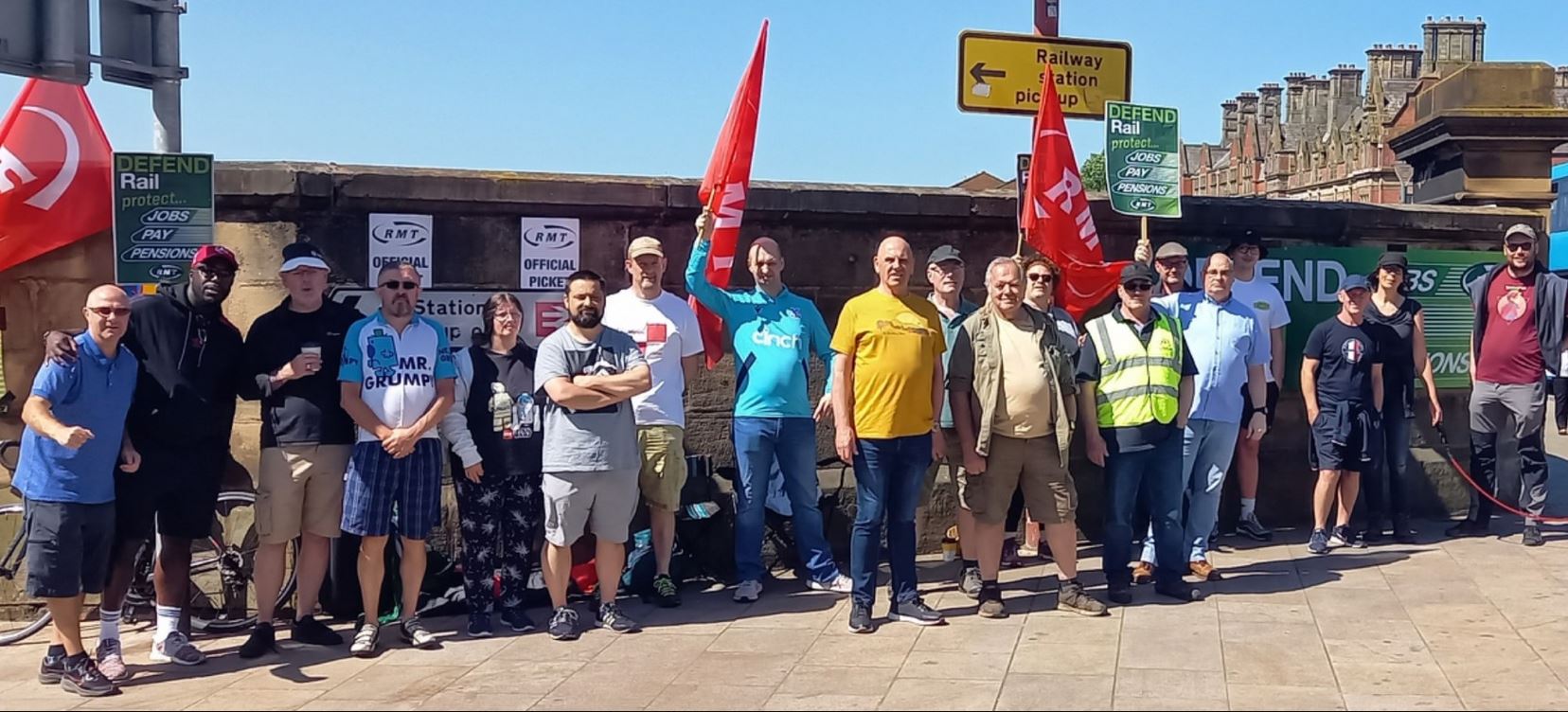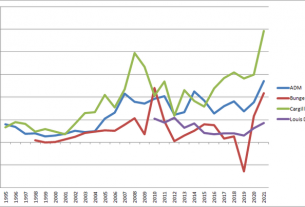Rail strikes have crippled services and disrupted events and holiday plans across Britain as 12,000 train drivers continue their industrial action today (June 3) over pay and conditions.
The RMT union claims the strikes, which began last June, have so far cost the UK economy £5 billion – far more than a settlement would have cost.
Sports fans, concert goers, holiday makers and day trippers are among the passengers whose plans have been hit by the strikes with 60% of rail services in England cancelled.
Journeys into Scotland and Wales have also been affected by today’s walkout by members of Aslef – who also went on strike on Wednesday – and follows yesterday’s action by 20,000 members of the RMT (the National Union of Rail, Maritime and Transport Workers) which saw 50% of services cancelled, causing massive disruption across the rail network.
Passengers face even more cancellations today (June 3) as members of Aslef – the union representing train drivers – walkout for the second time this week.
Aslef rejected a 4% pay offer in April, dismissing it as “derisory”. The union’s general secretary Mick Whelan said they regret the disruption caused and said the blame is “firmly at the feet of the 15 train companies … and the Tory government that stands behind them”.
“Huw Merriman, the rail minister, has admitted that settling the pay claims on the railway would have been cheaper – much cheaper – than continuing with the dispute. But Tory dogma is dragging it on,” said Whelan.
The rail row – over pay, terms and working conditions – has been escalating since last June.
An agreement between the RMT and infrastructure owner Network Rail was reached in March that secured minimum cash amounts and a pay rise for the lowest-paid workers of up to 13% for 2022-23 and 2023-24.
The Rail Delivery Group (RDG) which represents train operators and is in dispute with the RMT, ordered the union to declare their dispute over with them, before entering new talks over conditions and terms.
However, RMT general secretary – the UK’s largest transport union – Mick Lynch warned the union will not “disarm” by agreeing to terms for talks to end the rail strikes.
Lynch told the BBC yesterday it would be “completely irresponsible” for the RMT to sign up to preconditions laid out by the RDG.
“They demanded that we do that without any mandate [for further strikes] and without any leverage at the negotiating table,” Lynch told BBC Radio 4’s Today programme. “They wanted us to disarm ourselves at the negotiating table, and we simply can’t do that. That would be completely irresponsible.”
In a letter to MPs, Lynch said the rail strikes have so far cost the UK economy nearly £5 billion – based on figures from Hospitality UK which claims its members have lost £3.25 billion in revenue as a result of the dispute.
The hospitality sector will face further losses from this week’s three rail strikes. Day trippers and holidaymakers will also feel they have lost out on being able to make the most of good weather with temperatures in parts of the UK forecast to be even hotter than Istanbul this weekend.
Similarly, concert goers relying on rail will have to make alternative plans. Those hoping to be at the final leg of Beyoncé’s Renaissance tour in London won’t be able to get there by train, as too
The strikes have forced many sports fans to change their travel plans with two of the biggest events in the UK’s sporting calendar – the FA Cup Final and Epsom Derby – being held today.
General secretary of the Manchester City FC Supporters Club Kevin Parker – whose team are in the final against Manchester United at London’s Wembley stadium – has accused both unions of using fans as “pawns” in their battle for a better pay award.
Parker said supporters are “really frustrated that Aslef and the RMT have decided to strike at a time that will impact on supporters from both teams and their families”.
He said fans have “had to abandon their trip to Wembley or pay increased costs for both travel and accommodation” as a result of the industrial action.




